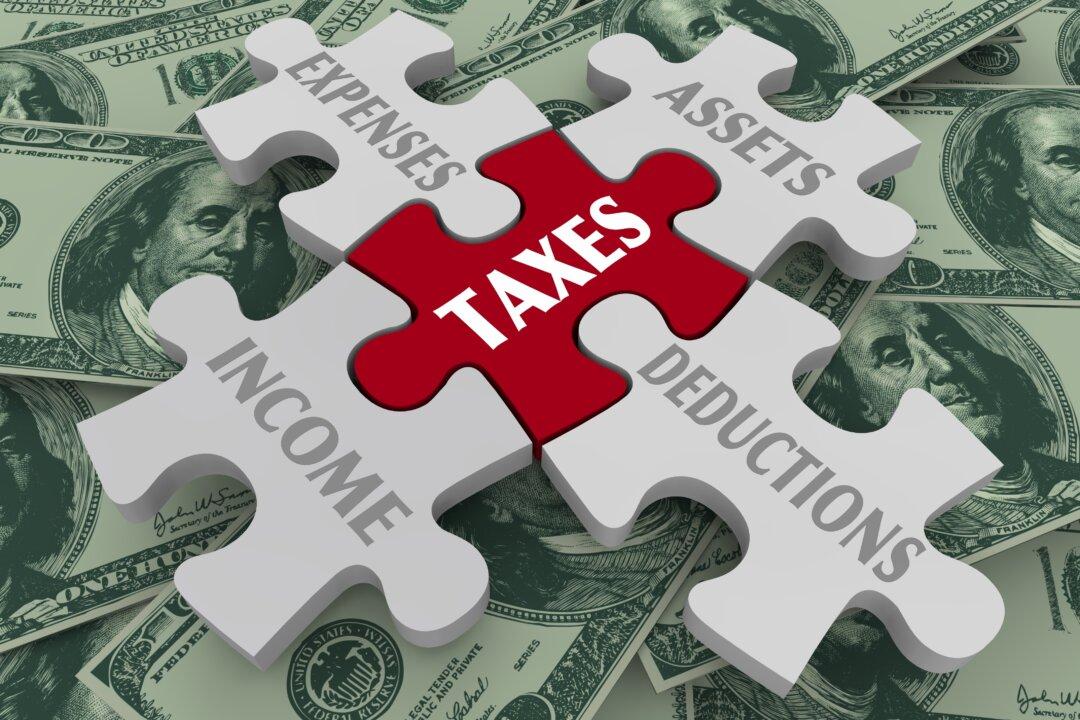I recently wrote a series of six articles for The Epoch Times about basic finance. The articles could become the basis for a high school course, even a prerequisite for graduation. Most public-school systems don’t offer such courses in their curriculum. If you haven’t seen this series, please read through these to get a sense of the content and importance of understanding finance early enough in life to get you off on the right foot when it comes to saving, investing, financial planning and budgeting, and the measures and methods for evaluation to make smart financial choices.
While financial literacy—budgeting, loans, credit cards, interest calculations, insurance, retirement planning, and saving—is taught in some high schools, it is more the exception than the rule. According to a CNBC report, the extent to which financial literacy is taught varies significantly from school district to school district. There are few schools offering robust programs, most of the rest that do offer finance only touch on the subject in the context of a broad economics or life-skills class.






